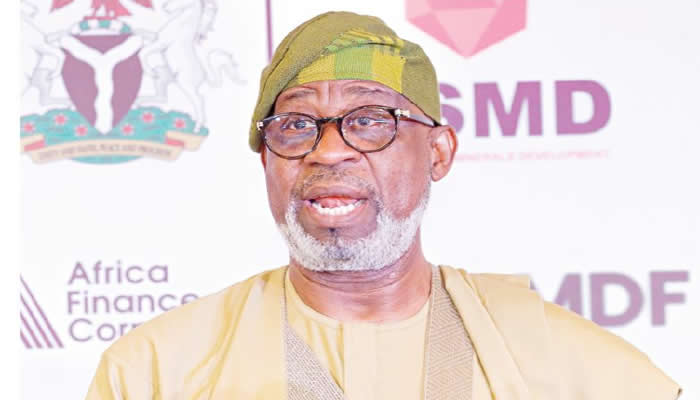By Peter Omopo
The Federal Government has approved plans by China to establish electric vehicle (EV) factories in Nigeria as part of a broader effort to strengthen bilateral ties and boost industrial development.
Chinese Ambassador to Nigeria, Yu Dunhai, revealed the initiative during a courtesy visit to the Minister of Solid Minerals Development, Dr. Dele Alake, at his office over the weekend. The visit highlighted China’s growing interest in Nigeria’s vast solid minerals sector, particularly in leveraging lithium for EV production.
According to a statement issued on Sunday by the Minister’s Special Assistant on Media, Segun Tomori, Ambassador Dunhai described Nigeria as a “great country blessed with tremendous natural resources,” and reaffirmed China’s commitment to deepening cooperation in critical sectors of the Nigerian economy.
He recalled the recent high-level meeting between President Bola Tinubu and Chinese President Xi Jinping, where both leaders agreed to upgrade bilateral relations to a comprehensive strategic partnership—paving the way for stronger economic collaboration.
In response, Dr. Alake welcomed the move, urging Chinese investors to commit to full-cycle value addition within Nigeria, rather than simply extracting and exporting raw minerals.
“Nigeria is open for business, but our focus is now on local value addition. For too long, our minerals have been exported raw to fuel the industrialisation of other nations. That must change,” the minister said.
“With our rich lithium deposits, we want to see domestic manufacturing of electric vehicles and batteries. This aligns with our goal of reducing fossil fuel dependence and building a sustainable industrial future.”
The minister further noted that Nigeria’s large population and growing demand for green technologies make it an ideal destination for EV production, and urged Chinese companies to take advantage of the investment-friendly environment.
The planned establishment of electric vehicle factories marks a significant step toward Nigeria’s push for industrial diversification and energy transition, while deepening its long-standing economic partnership with China.

